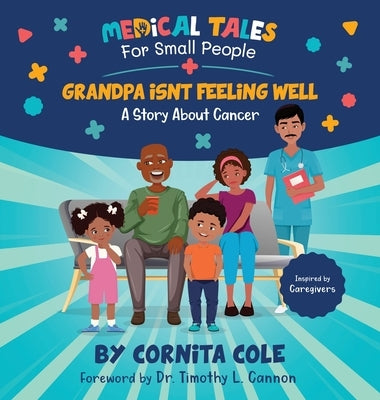Strengthen family and community engagement to promote equity and increase student success! When schools, families, and communities collaborate and share responsibility for students′ education, more students succeed in school. Based on 30 years of research and fieldwork, this fourth edition of a bestseller provides tools and guidelines to use to develop more effective and equitable programs of family and community engagement. Written by a team of well-known experts, this foundational text demonstrates a proven approach to implement and sustain inclusive, goal-oriented programs. Readers will find:
Many examples and vignettes Rubrics and checklists for implementation of plans CD-ROM complete with slides and notes for workshop presentations
About the AuthorEpstein, Joyce L.: -
Joyce L. Epstein is director of the Center on School, Family, and Community Partnerships and the National Network of Partnership Schools, principal research scientist in the Center for Research on the Education of Students Placed at Risk (CRESPAR), and professor of sociology at Johns Hopkins University. She has over 100 pub-lications on the organization and effects of school, classroom, family, and peer environments, with many focused on school, family, and community connec-tions. In 1995, she established the National Network of Partnership Schools to demonstrate the important intersections of research, policy, and practice for school improvement. She serves on numerous editorial boards and advisory panels on family involvement and school reform and is a recipient of the Academy for Educational Development's 1991 Alvin C. Eurich Education Award and the 1997 Working Mother's Magazine Parent Involvement in Education Award for her work on school, family, and community partnerships. Her most recent book,
School, Family, and Community Partnerships: Preparing Educators and Improving Schools (Westview Press, 2001), aims to add the topic of family and community involvement to courses for future teachers and admin-istrators. She earned a PhD in sociology from Johns Hopkins University.
Sanders, Mavis G.: -
Mavis G. Sanders is assistant professor of education in the School of Professional Studies in Business and Education, research scientist at the Center for Research on the Education of Students Placed at Risk (CRESPAR), and senior advisor to the National Network of Partnership Schools at Johns Hopkins University. She is the author of many articles on the effects of school, fam-ily, and community support on African American adolescents' school suc-cess, the impact of partnership programs on the quality of family and community involvement, and international research on partnerships. She is interested in how schools involve families that are traditionally hard to reach, how schools meet challenges for implementing excellent programs and practices, and how schools define "community" and develop mean-ingful school-family-community connections. Her most recent book is
Schooling Students Placed at Risk: Research, Policy, and Practice in the Education of Poor and Minority Adolescents (Lawrence Erlbaum, 2000). She earned her PhD in education from Stanford University.
Sheldon, Steven: -
Steven B. Sheldon is a research scientist with the Center on School, Family, and Community Partnerships and director of research of NNPS at Johns Hopkins University. He is the author of many publications on the implementation and effects of programs for family and community involvement. His work explores how the quality and outreach of school programs of partnerships affect parents' responses and student outcomes, such as student attendance, math achievement, student behavior, reading, and state achievement test scores. His most recent book guides principals in their leadership and work on school, family, and community partnerships (with Mavis Sanders, Corwin Press, 2009). In his current research, Sheldon is studying the influences of parents' social networks, beliefs, and school outreach on patterns of parental involvement at school and at home and results for students. He earned his PhD in educational psychology from Michigan State University.
Et al...




















































